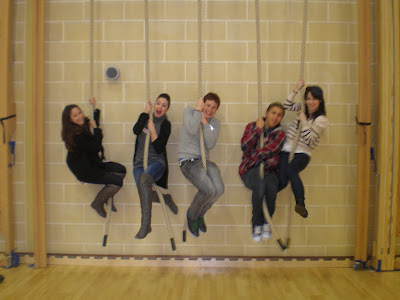The Popular Party has decided to not renew the Basic Income for the Emancipation in force since 4 years ago. The government's spokeswoman, Soraya Sáenz de Santamaría, has announced this measure in the press conference.
The Royal Decree of November 2007, that ajusted this incentive, indicated that, after 4 years, Ministry of Urban affairs had to make a follow-up and evaluation report about the implementation of the measure. The decision of maitenance, modification or abolition of the law will depend on the report.
At least 301.254 people received this compensation. 34.303 of them received it in the first half of 2011,12'8% more than in the first half of 2010.
This years budget was 364,1 milion €, but it was increased in 46,1 milion during the last year.
The Basic Income for the Emancipation came into effect in 2008 January and it was directed to young people between 22 and 30 years old that received less than 22.000€ as gross income during the previous six months.
Xabier





































